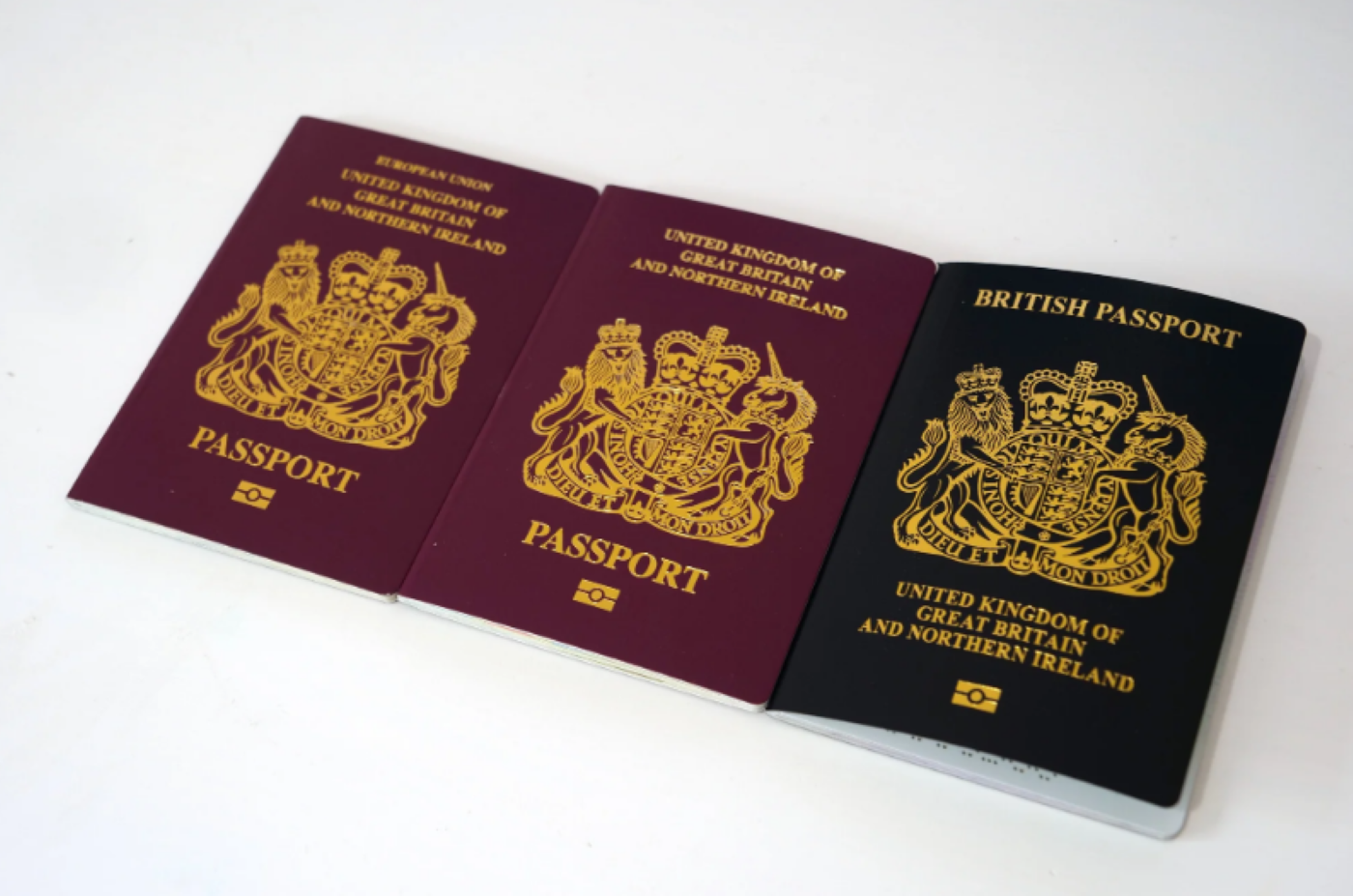The importance of candidate experience cannot be underestimated for employer branding and reputation, as well as ensuring new employees start work energised, excited, and fully on board.
This means that any processes that can be made smoother, less complex, and easier for candidates should be adopted, to ensure that they’re not tied up in essential but tiresome bureaucracy before they’ve even sat at their desk.
ID verification is one such process that historically has been sometimes tedious for candidates. In recent years, ID verification for the purposes of confirming an employee’s right to work or for the purposes of a criminal record check meant that candidates had to meet the employer face to face, and hand over physical copies of their ID documentation for verification. In roles that were carried out remotely, this posed a significant complication for new employees.
However, with the introduction of digital ID verification, the process of carrying out right to work checks or verifying ID for DBS is now far quicker and smoother.
What is digital ID?
Digital identification checks replace the requirement for recruiters to handle physical identification documents. Instead, digital ID and right to work documents can be verified via custom built technology. Identification Verification Technology (IDVT) needs to be provided by certified service providers in order to ensure levels of integrity and security.
Certified ID service providers (IDSPs) can work with employers to carry out digital identity checks on new employees, as long as they hold a valid in-date British or Irish passport (including Irish passport cards).
This means that verifying a candidate’s ID can be done quickly, remotely, and with minimal effort on the candidate’s part.
Benefits for candidates
Quicker – with Digital ID verification, candidates no longer need to arrange a meeting with their new employer for the sake of five minutes to make a scan of their documentation. If, for instance, a candidate is moving home to begin their new job but currently lives far away, or if the position is a remote one, then organising a face-to-face meeting can be expensive and time consuming. While recruiters and employers are fully aware of the importance of these checks, for a candidate who is secure in their knowledge that they are eligible to work in the UK, the process can seem like a lot of hassle for little return.
Instead, with Digital ID verification, the process is now as simple as inputting passport information and facial images to an app or online portal. The IDVT then uses AI and machine learning to verify the authenticity of the ID to various levels of confidence.
More secure – ID documents are expensive and take time to replace, so it’s understandable that candidates would want to avoid any situations in which there was a chance of losing or damaging them.
With Digital ID, candidates don’t need to take their documentation out of their homes, as verification can be done remotely with the use of an app.
Additionally, personal data, such as that contained in passports and ID documents, is valuable to criminals and fraudsters, and theft of documentation or of information stored in HR files puts candidates at risk of identity fraud.
Using a certified IDSP means that personal data is kept safe, as certification of an IDSP is reliant on the provider having appropriate security management systems in place that meet industry standards. Candidates can be assured, therefore, that their personal information is secure.
More accurate – For candidates, the knowledge that their new employer is lawful, organised, and serious about the security of their organisation is important. It is an indication that employment laws are being followed, and therefore their rights as employees are being observed. Ensuring the accuracy of employee screening and ID verification via IDVT and Digital ID demonstrates to candidates that they will not be working for an employer who is likely to put their personal reputation or work life at risk by carrying out illegal practices.
Digital ID verification is proving to be more accurate than in-person verification methods. For example, Reed Screening’s AssuredID service has flagged false documents which the average individual checking documents in person would have been unlikely to spot.
It should be noted, however, that Digital ID is not possible for every candidate. There are legitimate reasons why candidates cannot use this service, not least because it requires a valid in-date British or Irish passport, which plenty of people do not have.
How can Reed Screening help?
Ensuring your candidates experience a positive recruitment and onboarding process while maintaining the integrity and compliance of your screening procedures means building a robust process.
At Reed Screening, we have years of experience in providing fast, smooth, and thorough employee screening and background checks, to bolster your candidate experience. Our AssuredID service offers an easy and accurate way to verify a candidate’s ID digitally. For more information, get in touch with our team.
